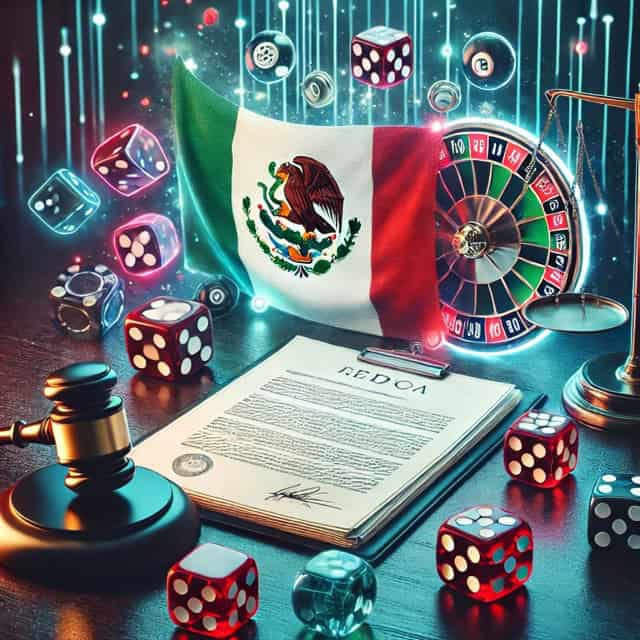
Mexico to Reform Gaming and Lottery Laws
The Mexican government, led by President Claudia Sheinbaum, has announced plans to reform the nation’s Gaming and Lottery Law, which has remained unchanged since its introduction in 1946. Ricardo Monreal, President of the Political Coordination Board in the Chamber of Deputies, confirmed the initiative’s primary goals: combating corruption, preventing extortion, and ensuring fair tax contributions from gaming and lottery operators.
Why the Reform is Necessary
The current Gaming and Lottery Law has proven insufficient to address the rapid evolution of the gaming industry over nearly eight decades. Technological advancements, the rise of online gaming, and the expansion of physical gambling venues have far outpaced the regulatory framework. These gaps have enabled ambiguous legal practices, corruption, and tax evasion, posing challenges to transparency and fiscal oversight.
Key Objectives of the New Legislation
The proposed reform aims to tackle several critical issues within the gaming sector, including:
- Modernizing the Legal Framework: Adapting regulations to reflect the realities of contemporary gaming, including the integration of online platforms and advanced technologies.
- Strengthening Anti-Corruption Measures: Introducing mechanisms to mitigate corrupt practices and extortion, fostering a more transparent and secure gaming environment.
- Improving Tax Compliance: Enhancing mechanisms to ensure gaming operators meet their tax obligations, thereby increasing public revenue for broader economic and social development.
Potential Industry Impact
The reform could significantly impact the gaming industry in Mexico, with anticipated changes such as:
Inclusion of Digital Platforms
Clear guidelines for online gambling and digital gaming platforms would provide legal certainty for operators and consumers alike.
Enhanced Oversight
Stricter regulations and improved tax enforcement may increase operational costs for companies that previously operated under less stringent oversight.
Opportunities for Investment
A clear and updated regulatory framework could attract both domestic and international investors, supporting industry growth and professionalization.
Mixed Reactions from Stakeholders
Industry stakeholders have expressed mixed reactions to the proposed changes. Casino operators have raised concerns about certain measures, such as restrictions on slot machines. These machines are a major revenue source for many establishments, and the proposed limitations have prompted some operators to prepare legal challenges against the reforms.
Aligning with Global Trends
Mexico’s move to reform its gaming legislation aligns with global trends, as many countries have modernized their gaming laws to address market developments and improve tax collection.
For instance, Colombia recently introduced tax reforms that include increased levies on online betting, aiming to boost public revenue and address fiscal deficits. Similar strategies in other nations highlight the potential of regulatory updates to align industry practices with national economic priorities.
The Road Ahead
This ongoing legislative effort in Mexico presents a significant opportunity for the gaming industry to engage in shaping a framework that balances economic growth, innovation, and responsible business practices.
Related Content:








